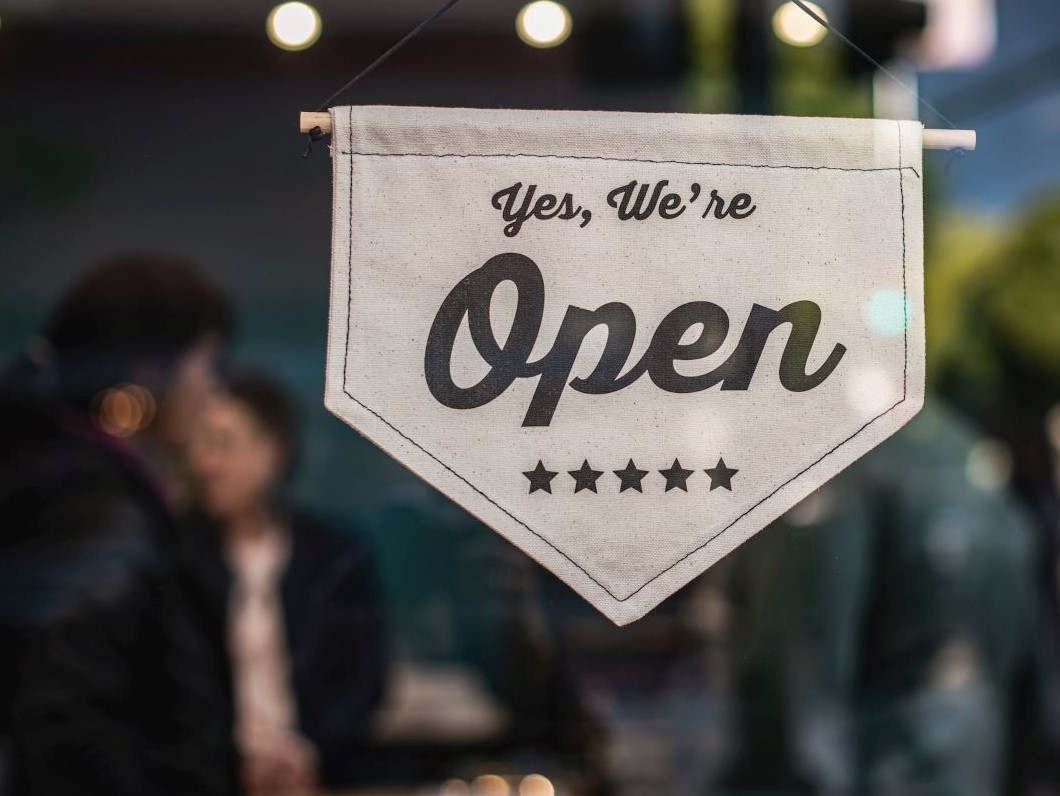If you are looking for a new direction then buying a business may be on the cards.
Buying an established business has some advantages over starting a new business. You will usually be getting immediate cash flow and the difficult start up work has already been navigated. The business should have existing systems and procedures with a financial history, customers, contracts, and equipment/stock.
Obviously you will be considering the actual product or service as well as the business price and profitability. However a solid due diligence is still essential before pressing “buy now”.
Legal due diligence is an important step in that process. To help you get started, here are 8 key issues to consider when purchasing a business.
- Business Assets
It is important to check all physical equipment and assets to ensure these are sound and in reasonable working order. You may need to use professionals to adequately check. You need to know if you are going to have to undertake substantial maintenance in the short or long term. Find out if any assets require regular servicing. Do any assets require licensing or registration? Are all the assets owned and not leased? Check the tangible asset list carefully to determine what you are buying. - Intellectual property
How much due diligence you need to do on IP will vary a lot for different businesses. In a nutshell, you need to ensure the IP is owned by the business, find out how IP is protected (e.g. trademarks, patents) and determine if there are any risks to IP (for example, similar product branding/names). If the business is heavily reliant on intellectual property, it may even be necessary to obtain specialist due diligence advice. - Lease
If the business has a physical site then you need to ensure possession rights are adequate and also review risks associated with the lease. Make sure there is a formal deed of lease in place. How long is the lease for? And is there a right of renewal? When will the rent be reviewed and what is the review process? And at the end of the lease, you may be required to expend a lot of money reinstating and making good the premises so you should find out upfront what those costs might be. Most landlords will require personal guarantees and/or bank bonds. If the business fails, then your personal assets could be at risk. - Employees
Employees can be the biggest asset to a business but it is important as an incoming purchaser to do your homework. It is most common for new employment agreements to be offered. The terms are generally the same or better as the existing terms so you need to review current agreements. The sale and purchase of a business will be a time of uncertainty for employees. Will employee entitlements be carried over or will they be paid out by the vendor? Will the purchase still be viable if key staff do not take up an employment offer? Is there a senior employee who might take a chunk of the business with them if they leave? - Contracts
You will need to review any key contracts carefully. Do you have certainty that business suppliers will continue to supply to a new owner? What assurances do you have that customer demand will remain? If the business has only a few main customers then without legal supply contracts, the value of the business could drop substantially if any of those customers switched suppliers. - Stock
If the business sells products then you need to get a handle on how much stock is carried. Is there old or obsolete stock and will this be easily ascertainable? The joint stocktake before settlement may not reveal the full picture. What assurances are there around the supply of a product or raw materials? Can these be easily sourced in the event a supplier closes or there is a shortage of supply? We have seen supply shortages and increasing freight costs in recent times. - The vendor and trade restraints
It is good to know the reason why a vendor is selling their business. Are they retiring or moving away? Does the vendor have too much on their plate? Does the vendor know something detrimental about the market and industry that you do not know? Might the vendor take a break for a couple of years while waiting out the restraint period and then re-join the game as your number 1 competitor? If trade restraints are needed to protect your investment then these need to be adequate and prepared carefully. - Structuring
There are different ways you can structure a business purchase, the most common way being a purchase of its assets. For particular reasons, the parties might sometimes undertake a sale of shares in the company that owns the business. For a purchaser, if you are buying the shares in the business, this comes with quite a few more risks around the history of the company itself including any liabilities and claims. You should always get accounting advice on the purchase of a business along with legal and other professional advice.
Businesses can come with great risks but they can also bring great rewards, and not just of the financial kind.
Please contact any of our team if you are thinking of buying a business and we will be happy to guide you along this process.
This article is not in any way a substitute for your own legal advice. It is important that you get individual legal advice before proceeding to purchase a business.



